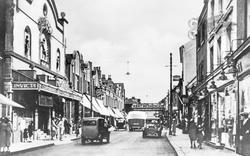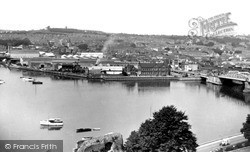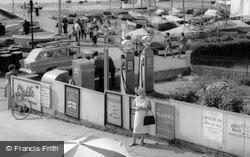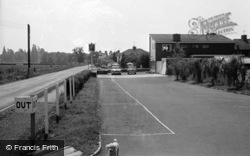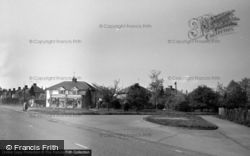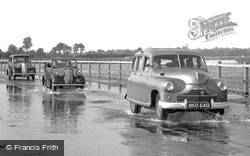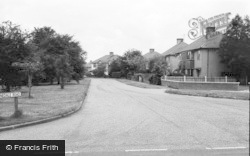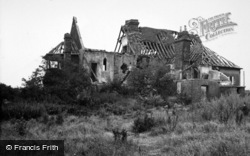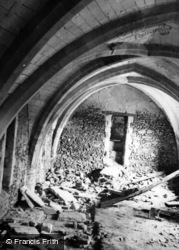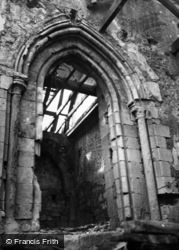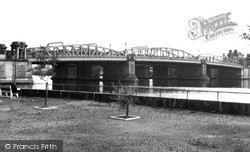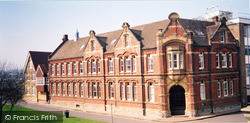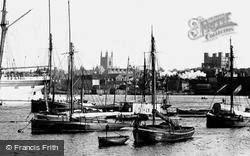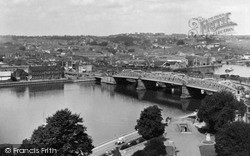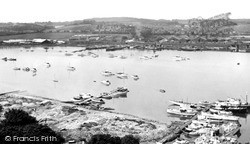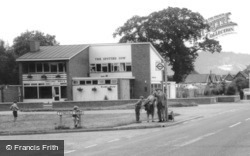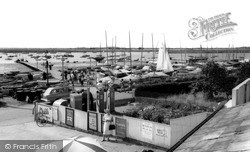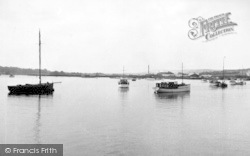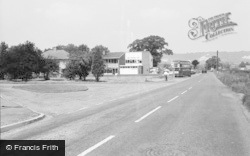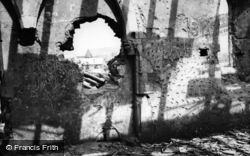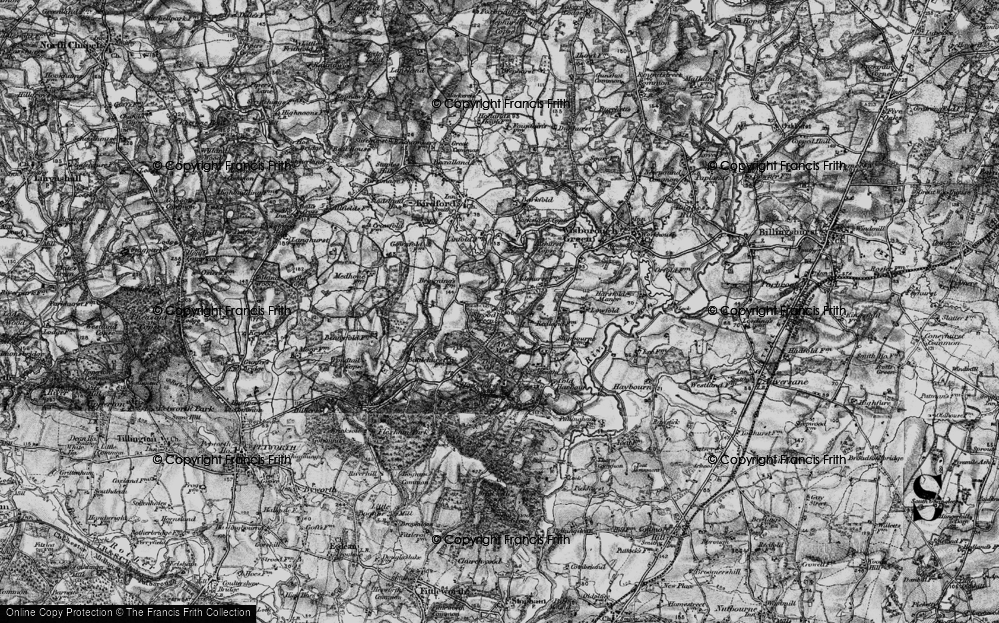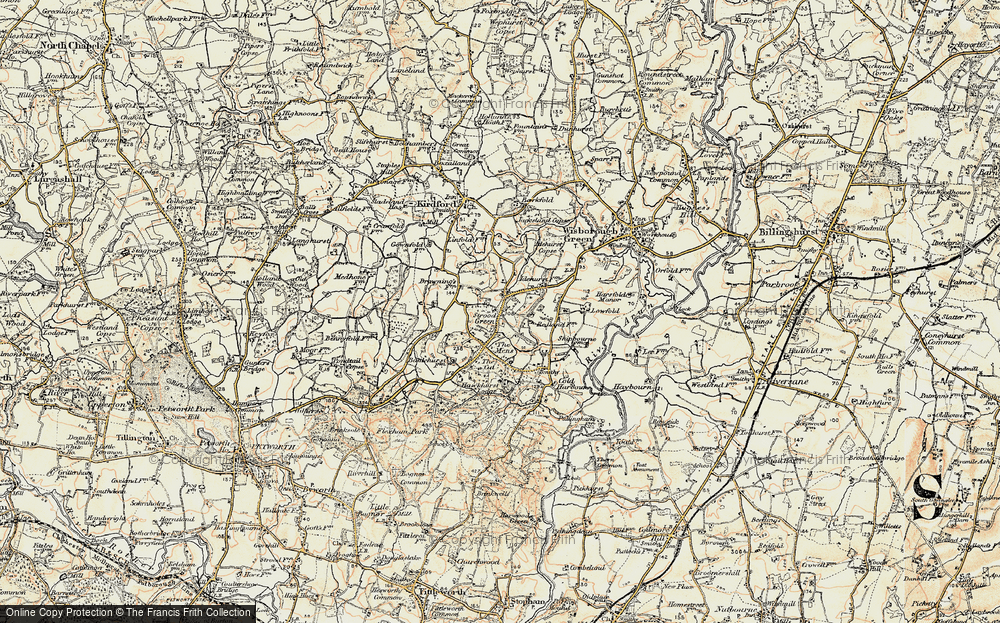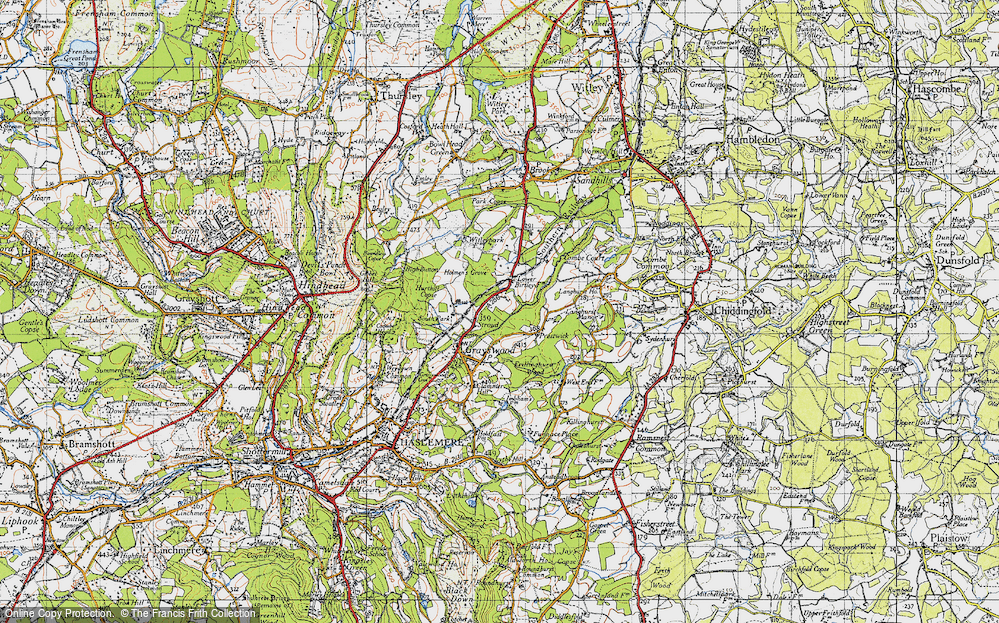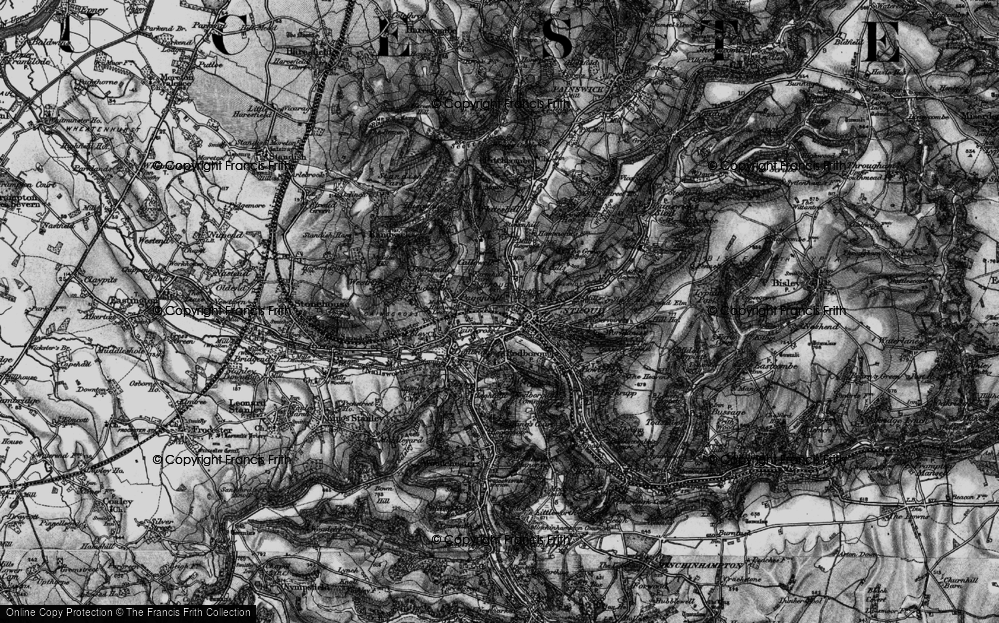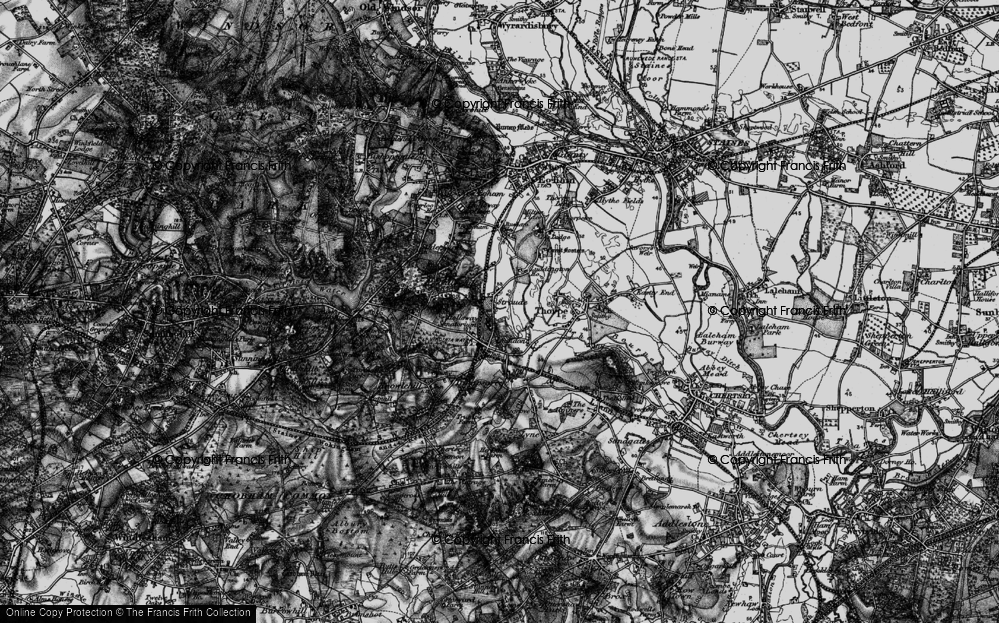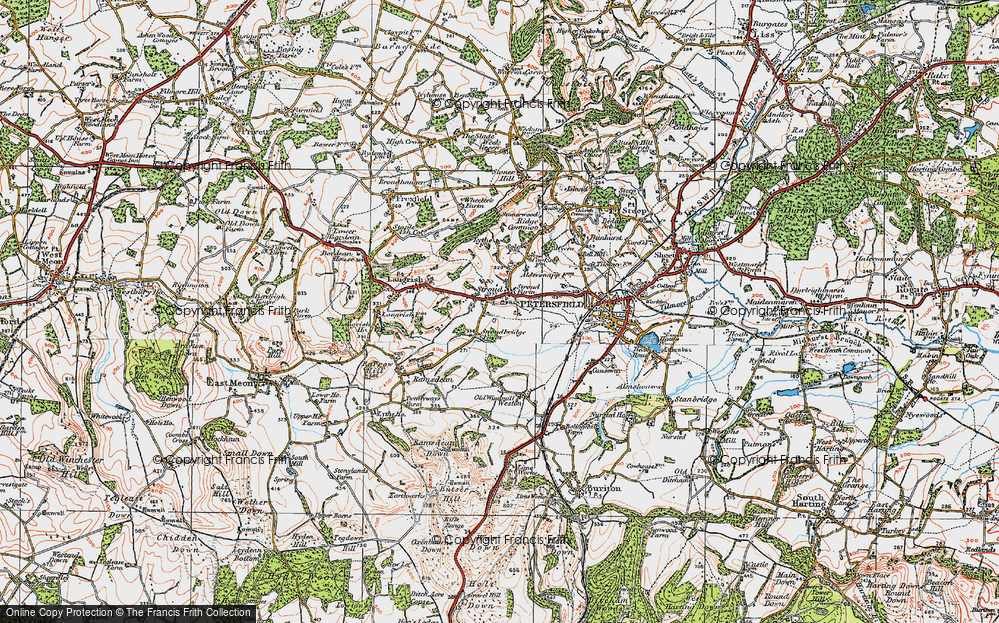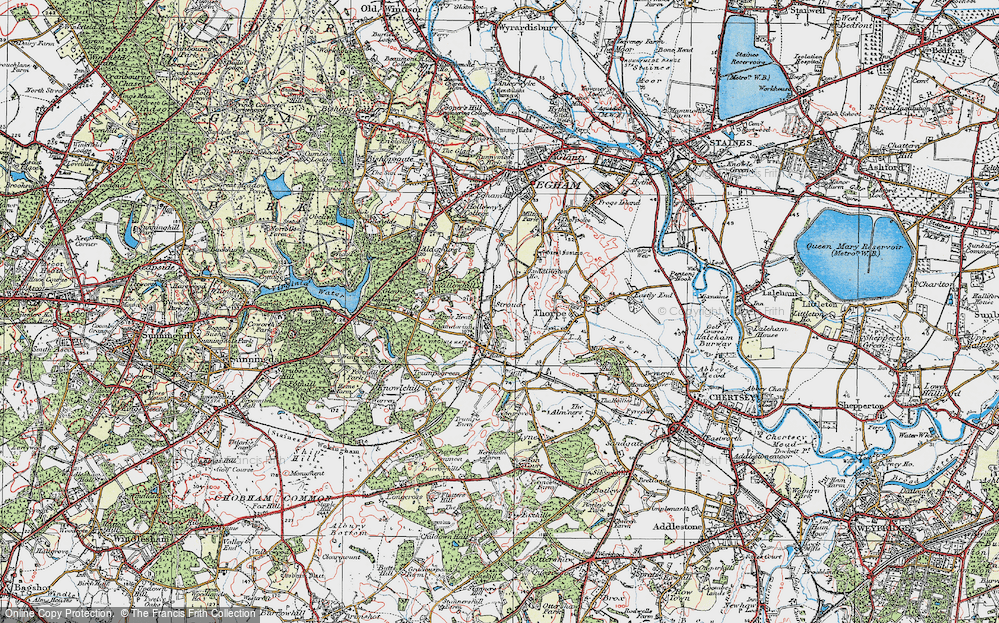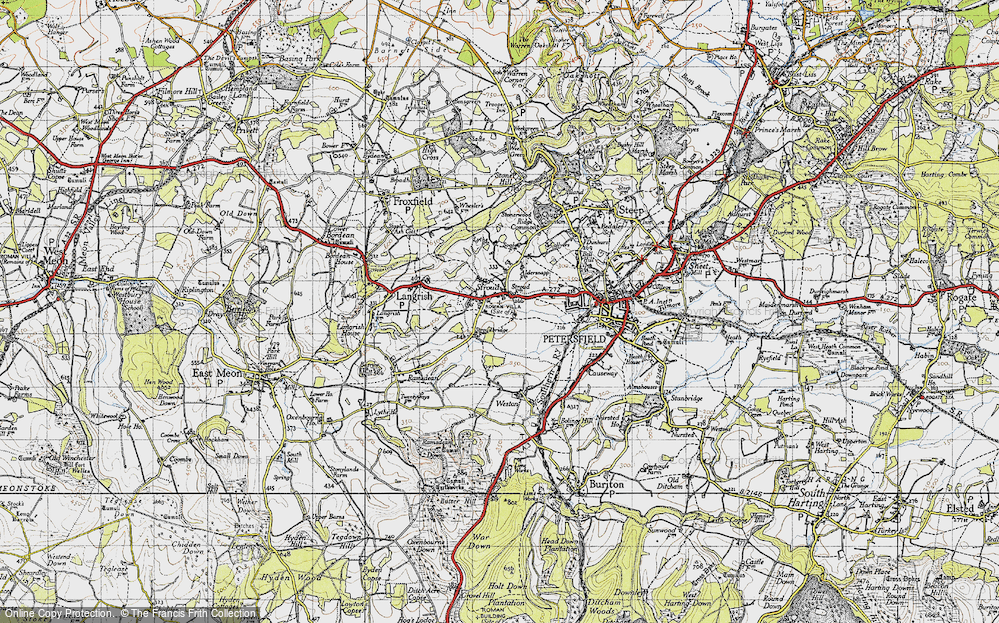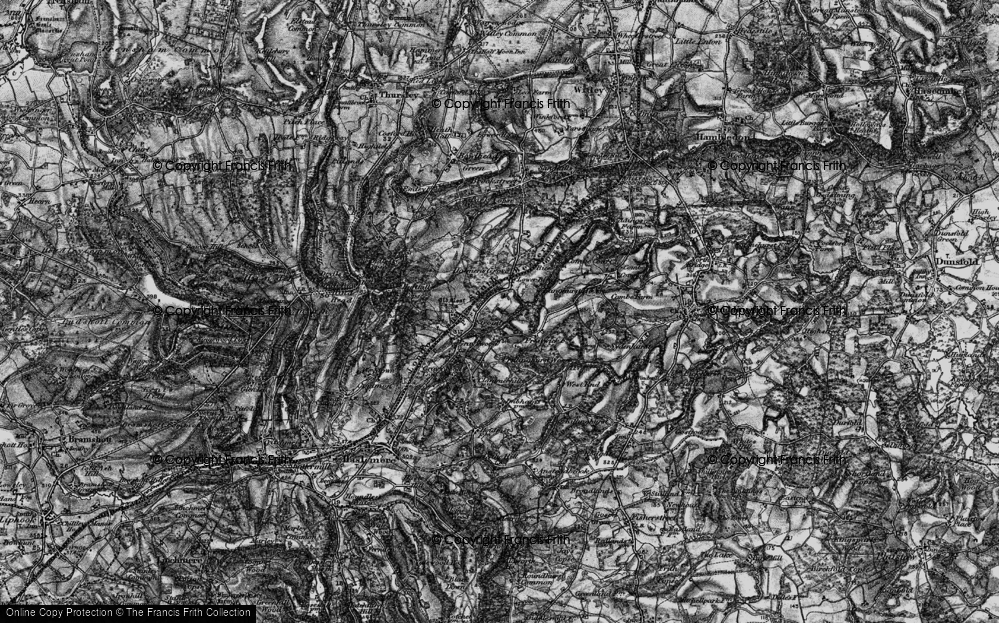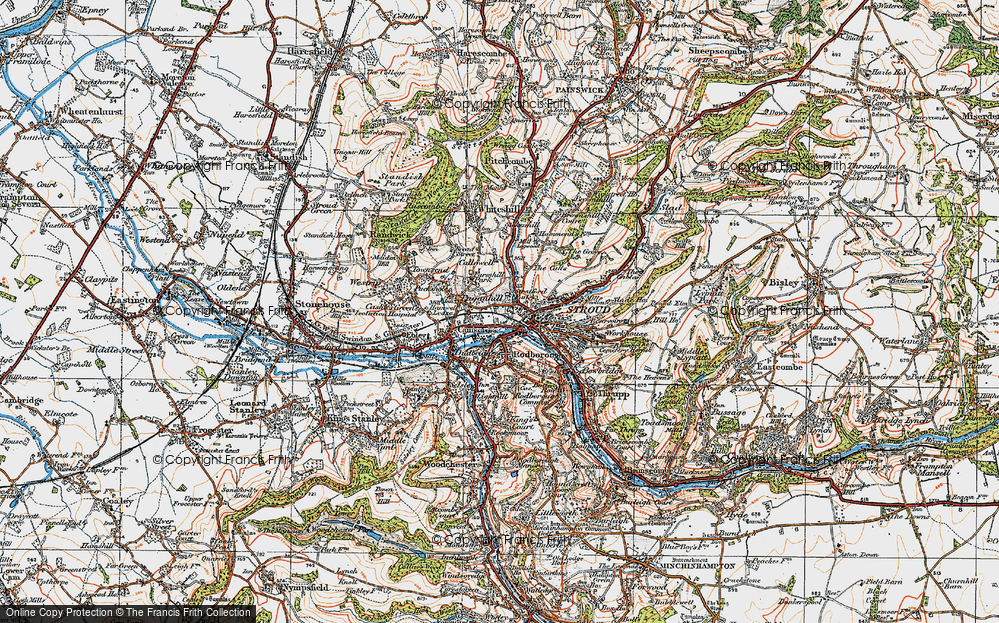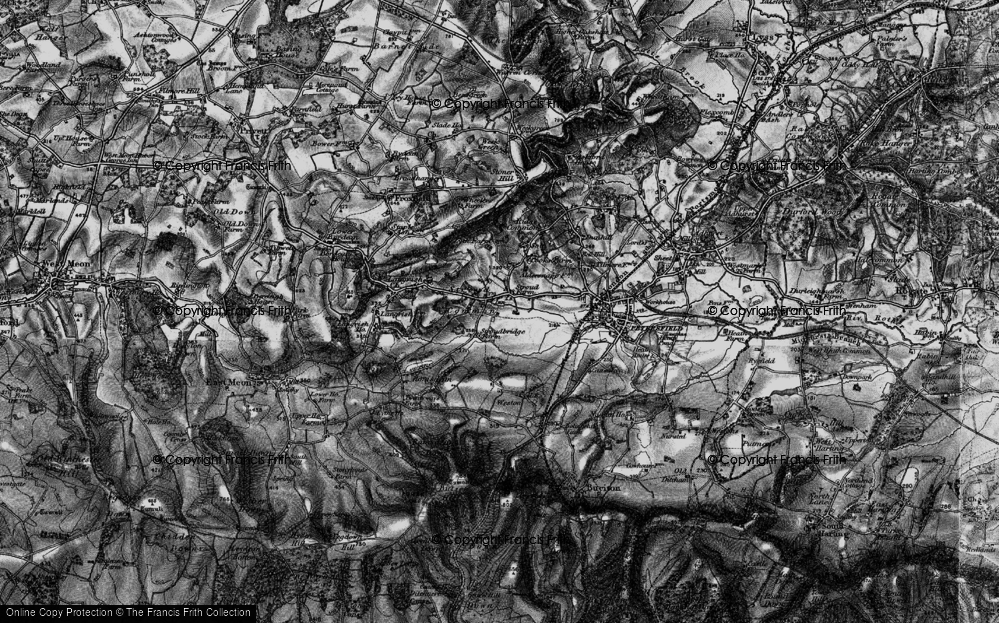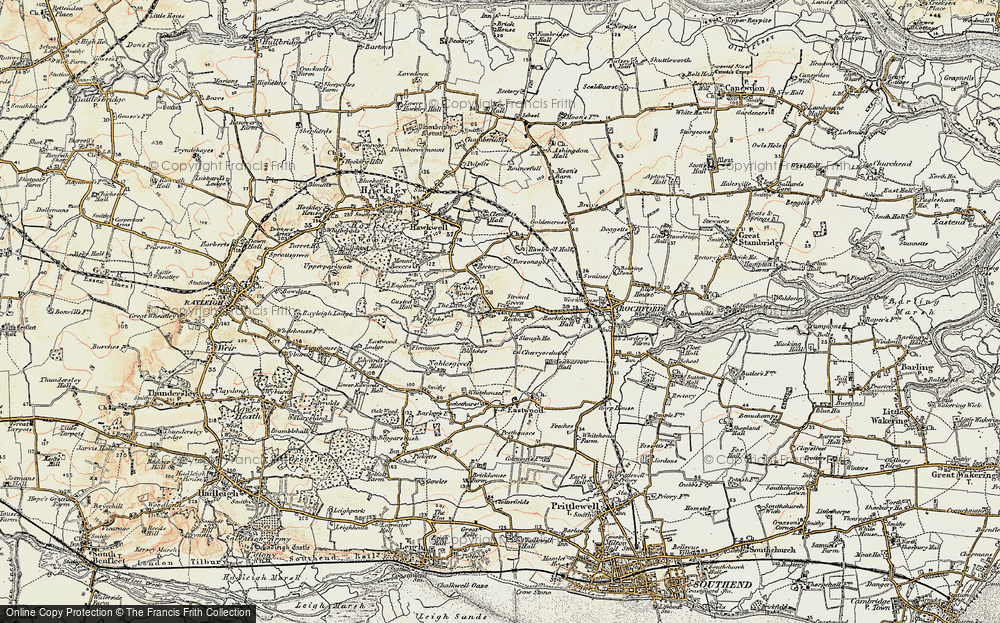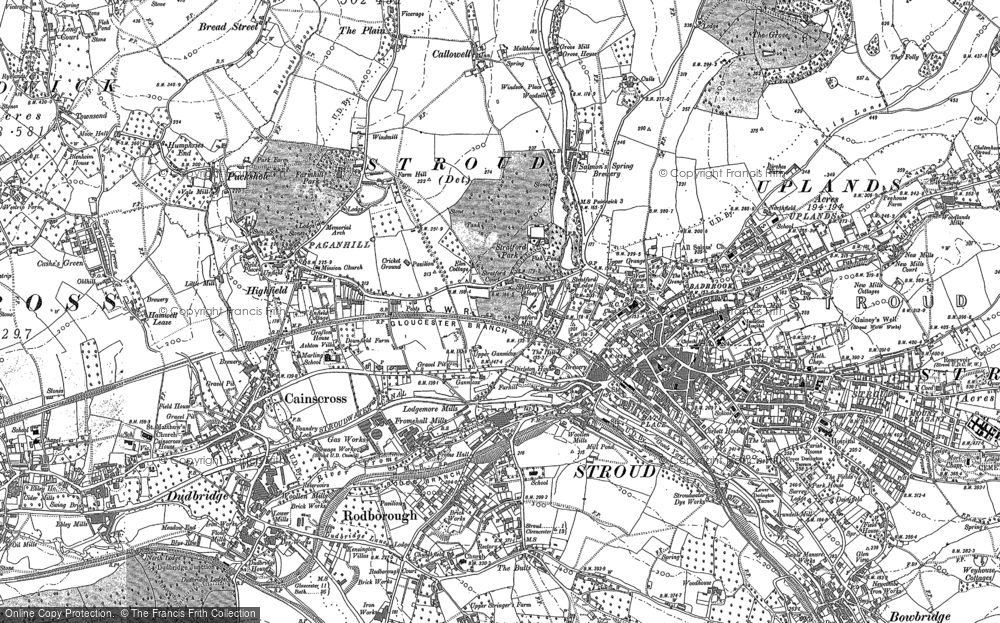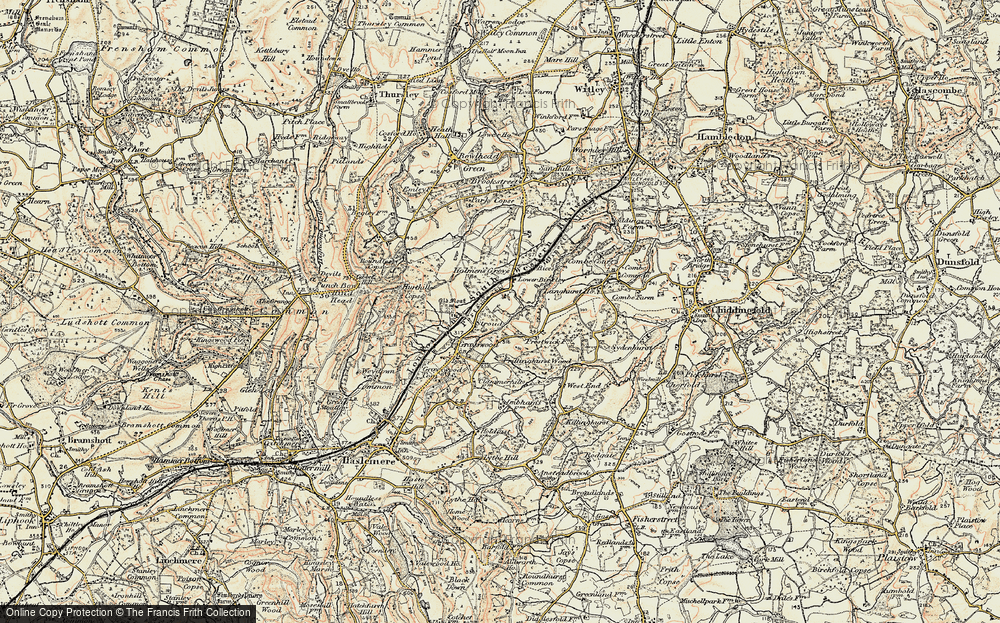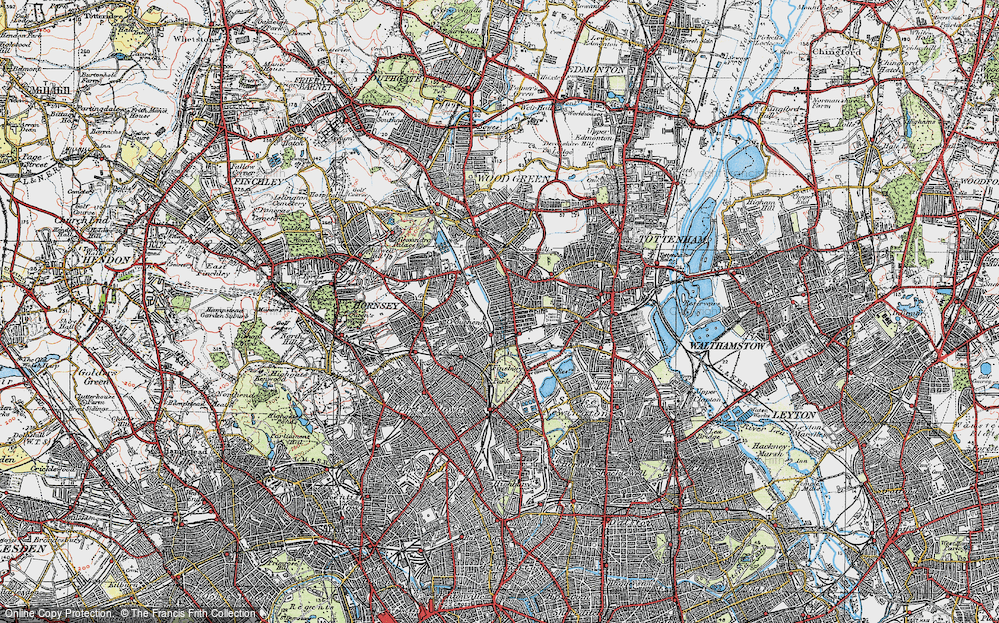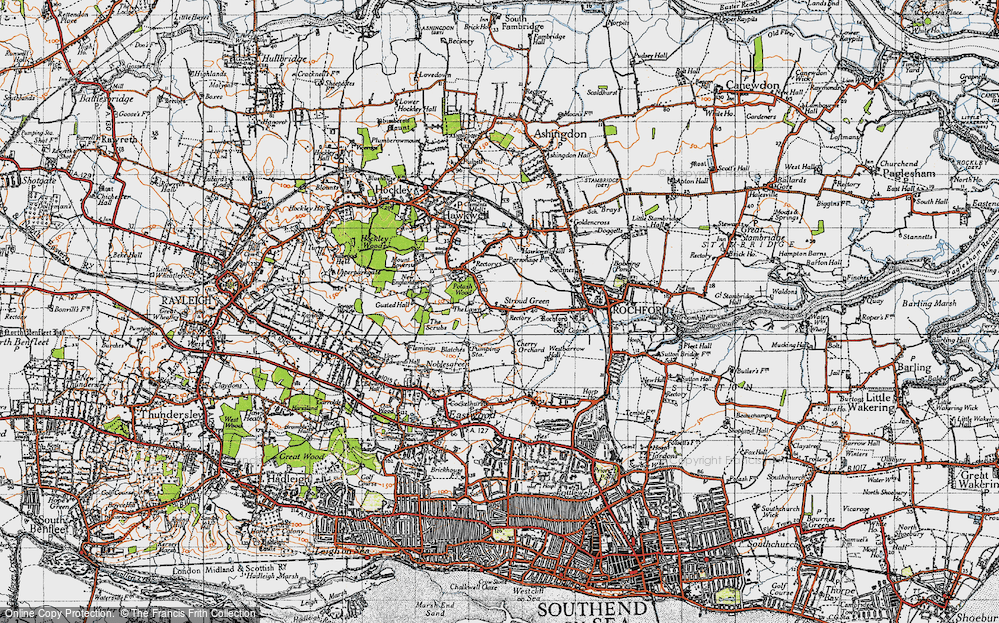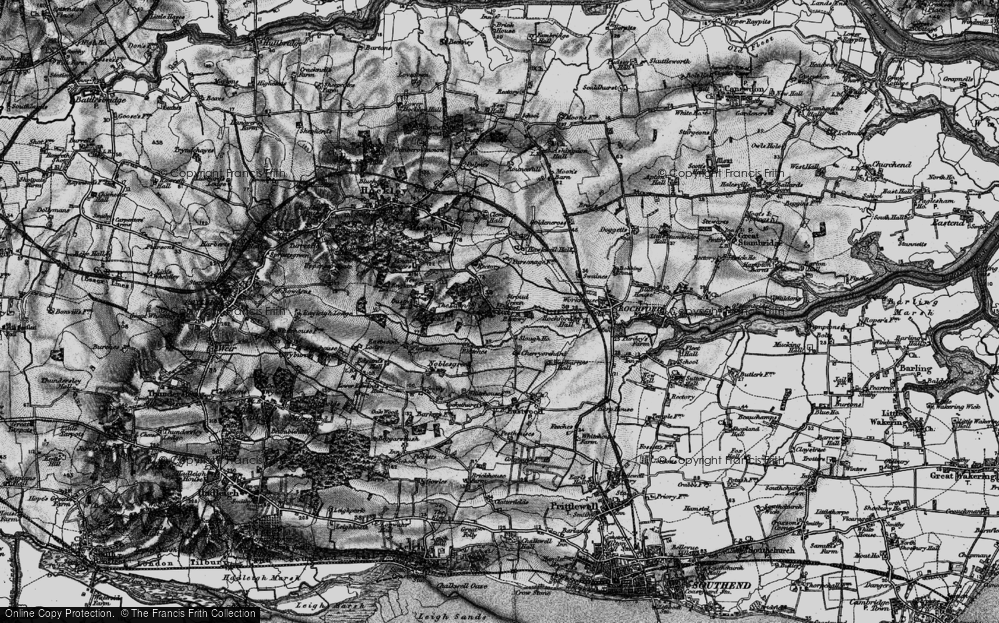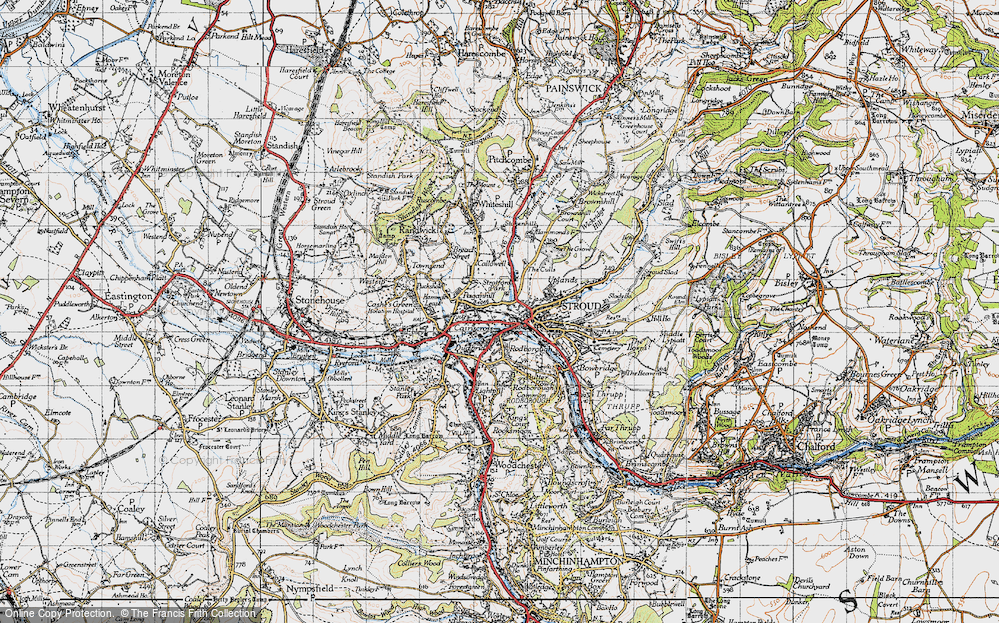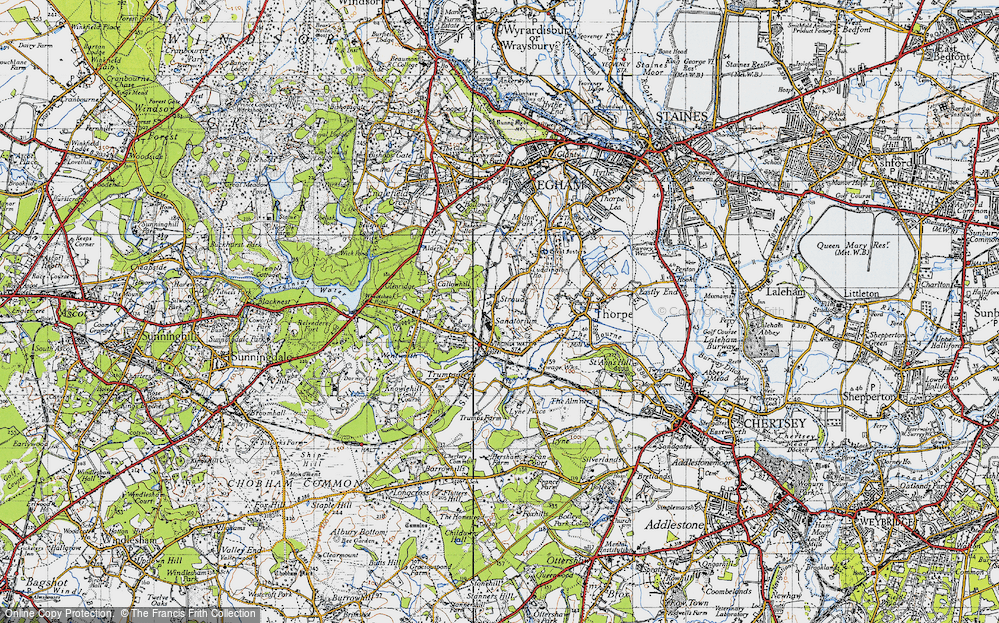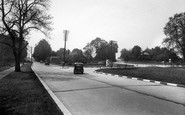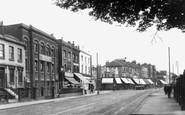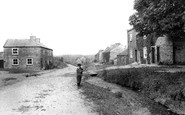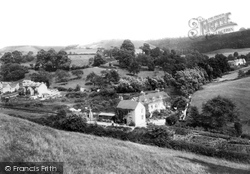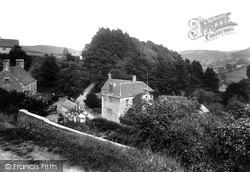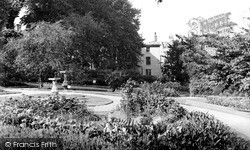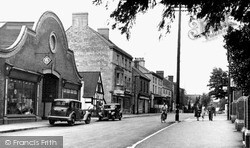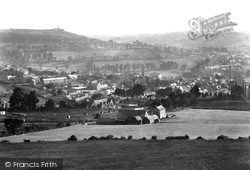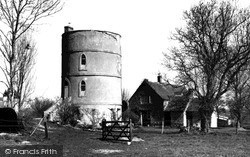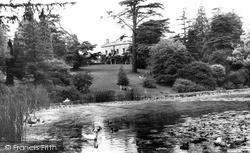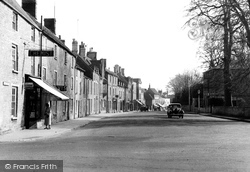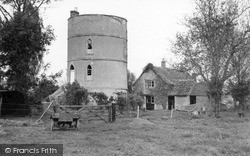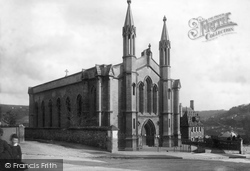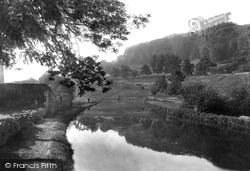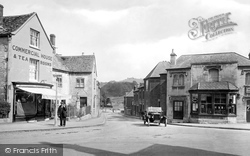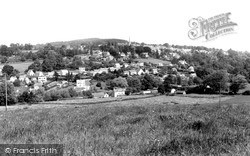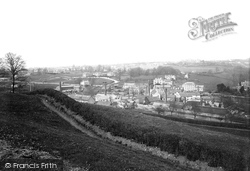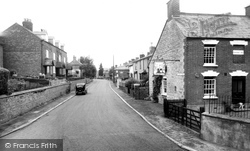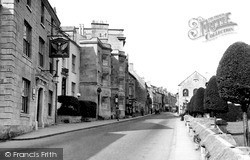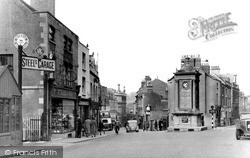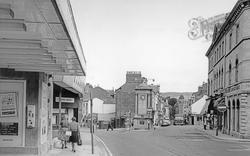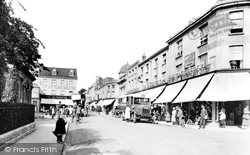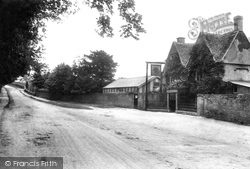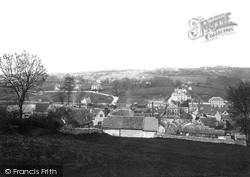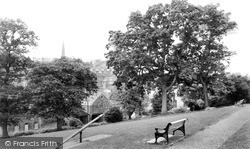Places
5 places found.
Those places high-lighted have photos. All locations may have maps, books and memories.
Photos
48 photos found. Showing results 21 to 40.
Maps
74 maps found.
Books
1 books found. Showing results 25 to 1.
Memories
381 memories found. Showing results 11 to 20.
Royalty At Milford
In 1962 I was in Cledwyn Evan's class at the primary school. In the Summer terms Queen Elizabeth the Queen Mother used to visit King Edward's School in Witley, and Mr. Evans led his class to the roundabout to see her go by. He was ...Read more
A memory of Milford by
Childhood In Salford
I was born Susan Cooke in no. 11 Quanton House, Amersham Street just of Liverpool Street , in my nana's flat. We lived with her until I was 3 from 1957 to 1960 when we moved to Trenham Street near to where the Salford Macdonalds ...Read more
A memory of Salford in 1960 by
The Fair
Christmas and birthdays were an under-whelming time of year in our household. However, Eastertime, coincided with the arrival of Stanley Thurston's fair (and a big dollop of rain). l lived opposite Manor Rd Park (or reck) from 1956-64, and along ...Read more
A memory of Luton
Hainton
I hope, I think I am the first to write - I lived in Hainton 1951/54. Our dad worked on the farm just up the road (Stockman). I went to the little school in Hainton. Headmistress - Mrs Slingsby. Do not remember her deputy, but Miss Officer ...Read more
A memory of Hainton by
The King And Queen Visit Queen's Road
Some time soon after the Second World War, with our next door neighbours, we walked down to Queen's Road to watch the King and Queen drive by. We stood near Evan Cook's Depository. I assume that their Majesties ...Read more
A memory of Peckham in 1946 by
Memories Of Sutton Lodge, In Sutton Lane—Just South Of The Great West Road, Heston/Hounslow
Recorded by Nicholas Reid, Canberra, Australia. I was christened in the Anglican church at Heston in 1959, though for obvious reason I don’t have any memories of ...Read more
A memory of Heston by
Tyydyn Seffra. A Link To Long Ago!
As nearly as I may discern, this farm and home belonged to my Great Grandfather, David Pugh (13 generations back) in 1695. He was born in 1622 and passed away in that same year 1695. He owned two other named farms ...Read more
A memory of Tyddyn Sieffre by
Pear Tree House Skeeby
After living in Richmond I bought and renovated Pear Tree House (on the right of this 1913 picture) in 1972. The previous occupants had died and when I found the house it was covered in ivy and I understand at one time Funeral ...Read more
A memory of Skeeby in 1972 by
Gorse Park Primary School Stretford In The 1950's
Now, this is a long shot, but does anybody remember going from Gorse Park Primary School in 1956 or 1957 to do a P.E. demonstration in London? We went by train with MR. FLOOK and stayed one or two ...Read more
A memory of Stretford by
Growing Up In Cold Ash
I spent the early years of my life in Cold Ash and Thatcham. We lived in a detached house on Cold Ash Hill called Midway. I believe it has since been renamed. The house was built by my grand father Alfred Gadd, the carpenter, ...Read more
A memory of Cold Ash by
Captions
288 captions found. Showing results 25 to 48.
The writer and poet Laurie Lee was born in Stroud in 1914 and moved to Slad when he was three. The village and countryside around inspired his most famous book, 'Cider with Rosie'.
Slad huddles round the road that runs from Stroud to Birdlip. When this photograph was taken, the village was an isolated rural community with most of its inhabitants engaged in agriculture.
The gardens behind Bank House, situated in the lower High Street, were given to the town of Stroud in 1930 by Mr Ernest Winterbotham, and were intended as a quiet corner where shop workers could enjoy
Standing in the Severn Vale to the west of Stroud, Stonehouse was once a cloth-making town.
Here, from the fields off Folly Lane, Stroud may be admired from a very different vantage point.
Built in the latter half of the 18th century, the canal ran from Inglesham to Stroud, where it joined the Stroudwater Navigation to the River Severn at Framilode.
With galleries added on the left, and reduced in height by one storey, it now houses Stroud's new Museum in the Park, opened in 2001.
Like other wool towns in the Cotswolds, such as Stroud, Painswick and Woodchester, Fairford has a 'Rack Hill'.
Built in the latter half of the 18th century, this man-made waterway stretched from Inglesham to Stroud, where it joined the Stroudwater Navigation leading to the River Severn at Framilode.
Holy Trinity Church was built when Stroud Parish was subdivided in the 1830s. At a later stage its twin turrets became unsafe and were removed.
Its purpose was to allow easier transportation of cloth and manufactured goods from Stroud, while also enabling food and fuel to be brought into the heavily populated area.
A number of car and motor cycle makers had factories in Stroud at this time. The largest manufacturer was Hampton Cars, which was based at Dudbridge on the site now occupied by Sainsbury's.
Four miles from Stroud, picturesque Painswick titles itself 'Queen of the Cotswolds'.
Upper Stroud is in the distance, with Park Road below, still at this period containing only a few large private houses.
Then in 1945 the Hereford & Tredegar Brewery was acquired, and the name changed to Cheltenham & Hereford Breweries Ltd; in 1959 it merged with Stroud Brewery.
This is another exceptional little town, set in its own south-facing timbered valley just east of the escarpment between Stroud and Gloucester. It is a place that makes grey look very good.
This is another exceptional little town, set in its own south-facing timbered valley just east of the escarpment between Stroud and Gloucester. It is a place that makes grey look very good.
Sims' clock, one of Stroud's architectural curiosities, is in the foreground. A trough formerly stood by it for the use of the horses pulling early buses.
The Trustee Savings Bank building, on the right, was formerly the office of Stroud's Conservative newspaper, the Stroud News.
For the first time it was possible for shoppers to go into towns like Stroud on a regular basis.
The Bear is recorded as a public house and stagecoach inn as early as 1751, positioned along the then route from Stroud via Minchinhampton to Cirencester.
In the foreground is Bowbridge, the southern suburb of Stroud, with the chimneys of several small textile mills clearly visible; the main town is prominent on the hillside beyond.
Sidney B Park was a successful businessman; in Edwardian days he owned two drapery shops in Stroud.
Stroud lies at the convergence of five valleys, so there is very little flat ground.
Places (5)
Photos (48)
Memories (381)
Books (1)
Maps (74)




